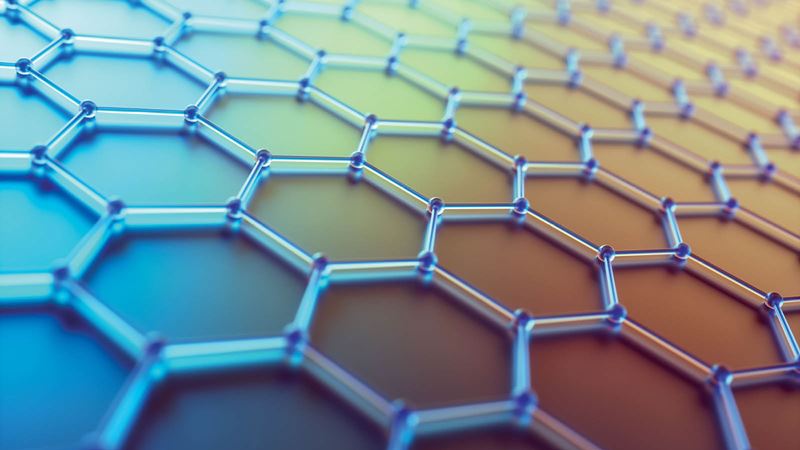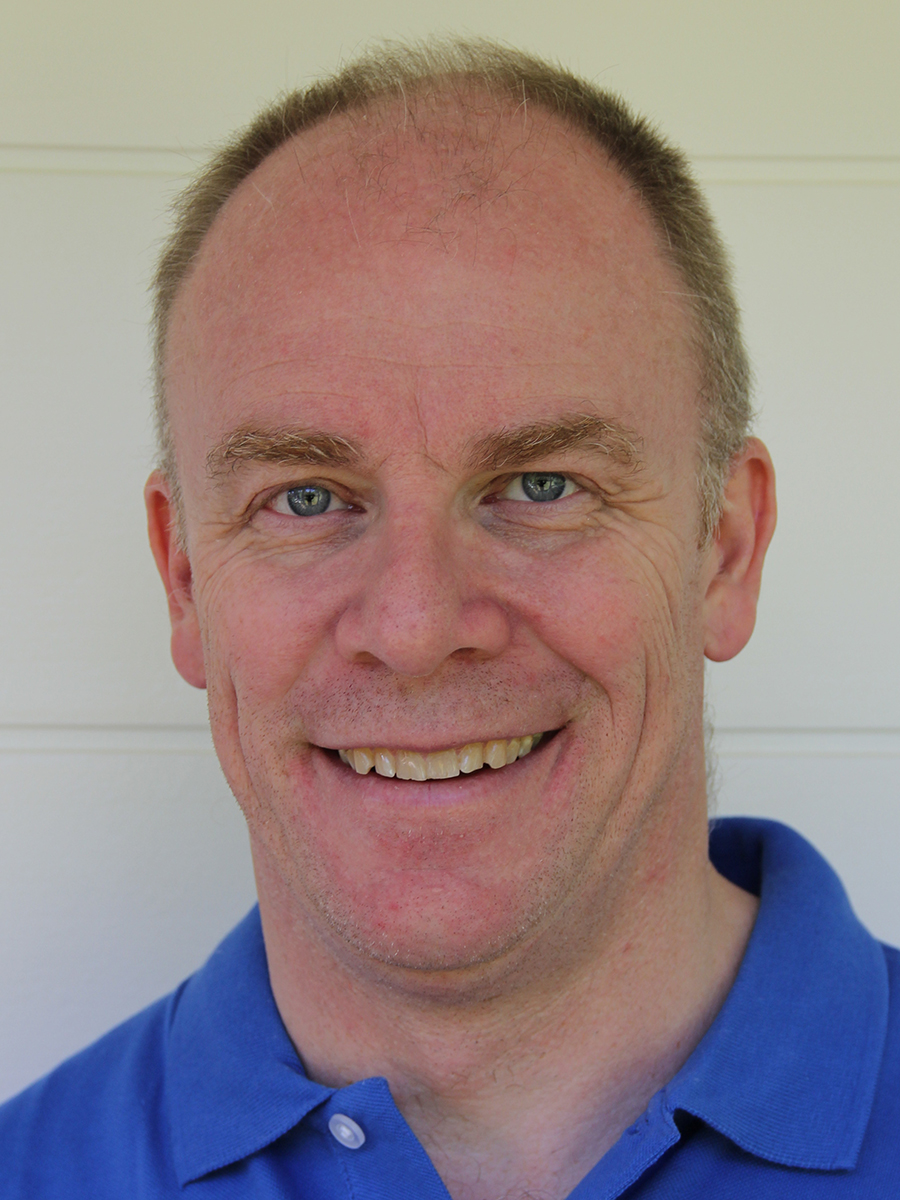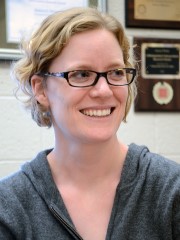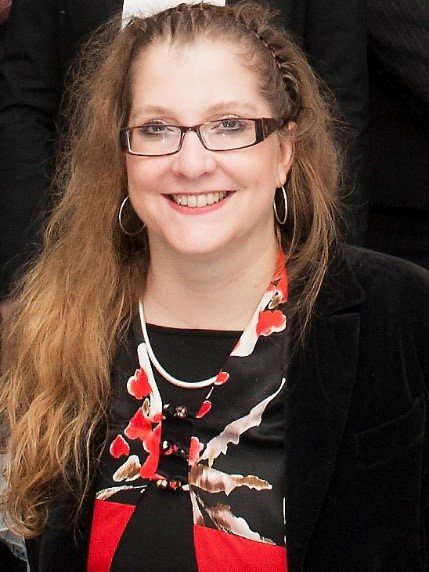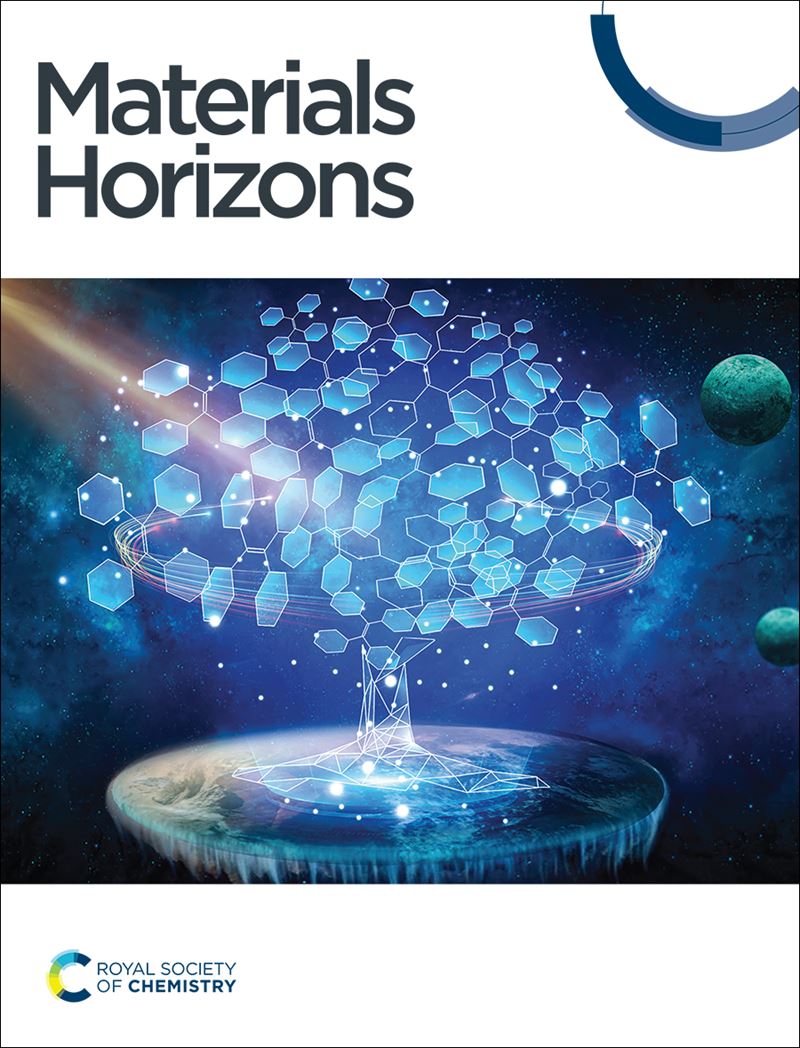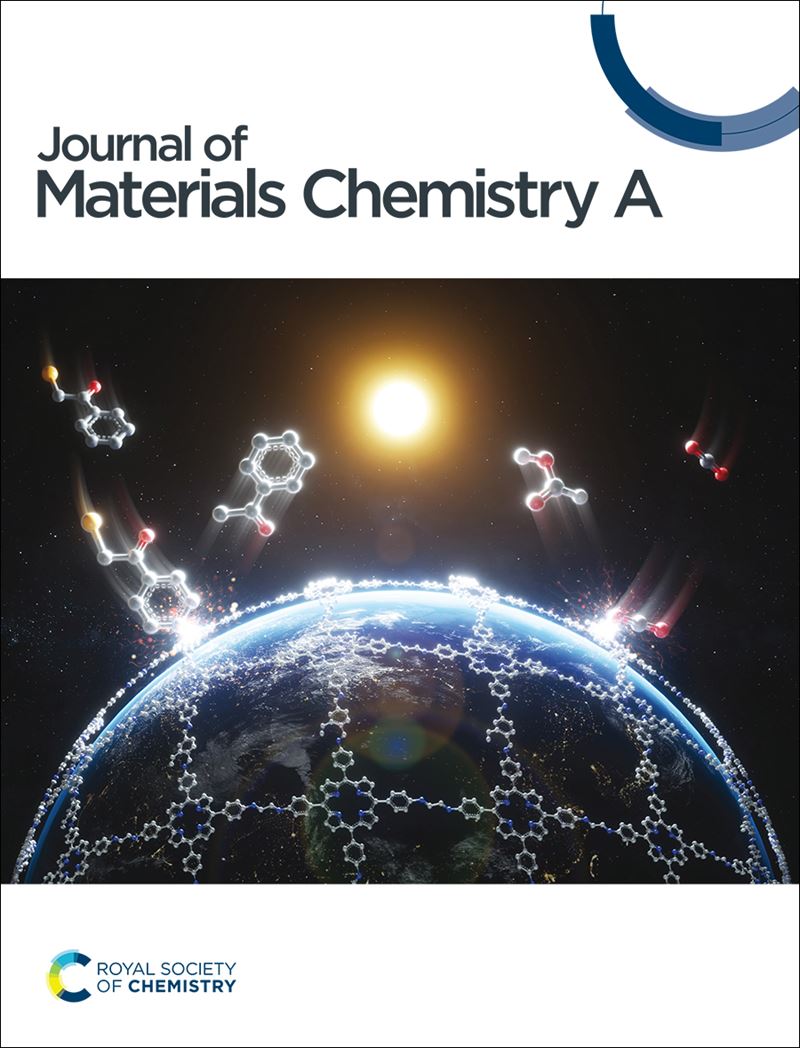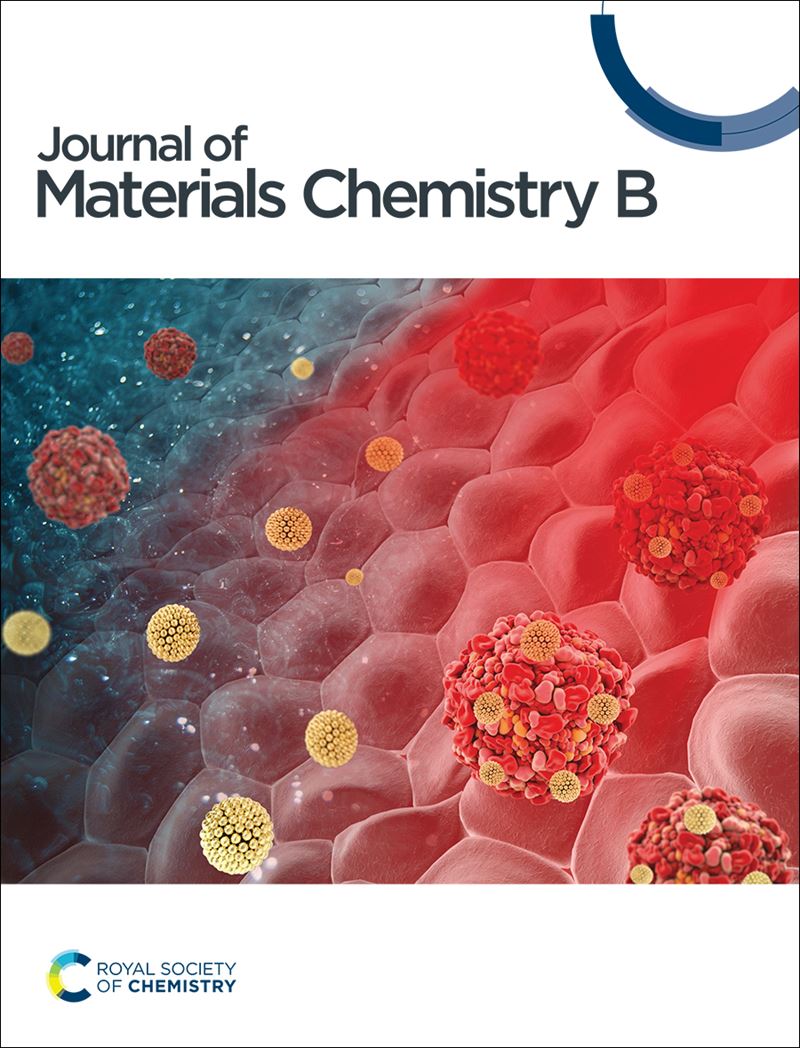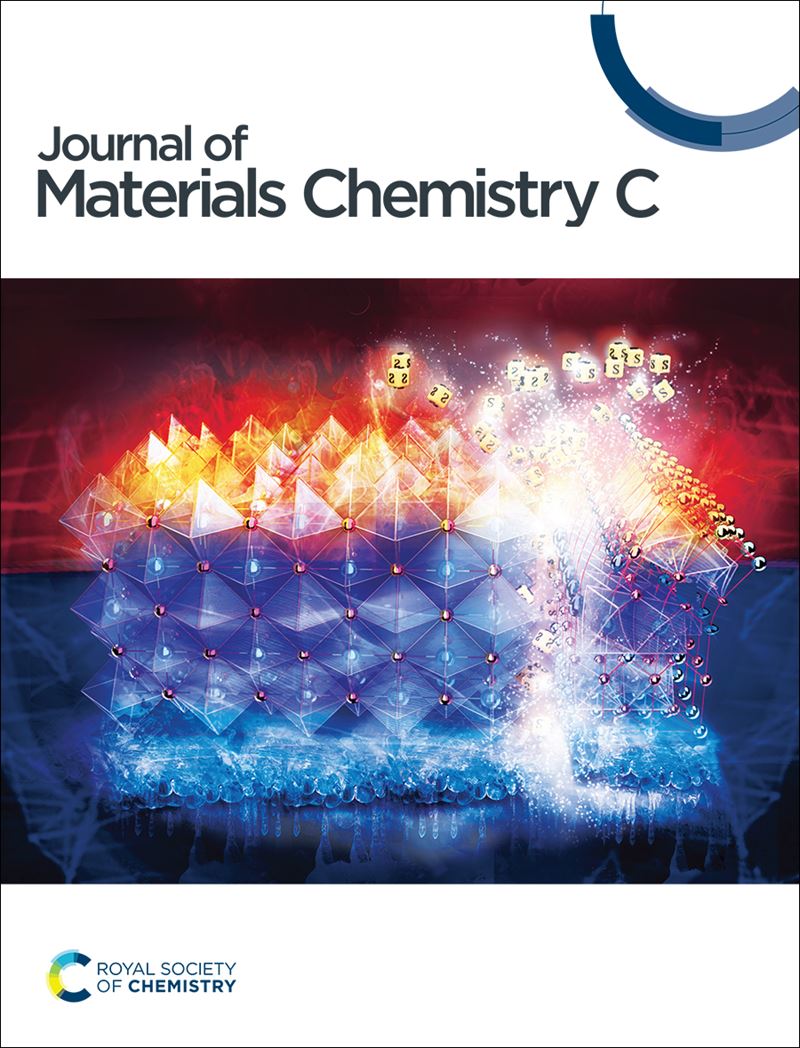What would you like to know about Materials Advances?
Impact factor: 5.2*
Time to first decision (all decisions): 30.0 days**
Time to first decision (peer reviewed only): 42.0 days***
Editors-in-chief: Anders Hagfeldt, Jessica Winter, Natalie Stingelin
Indexed in the Directory of Open Access Journals (DOAJ), Scopus and Web of Science
Read and publish in our thematic collections
1D Fibrous Materials for Advanced Energy Storage and Conversion
Guest Edited by Dr Subrata Kundu (Academy of Scientific and Innovative Research (AcSIR), India), Professor Shaikh M. Mobin (Indian Institute of Technology Indore (IITI), India) and Dr Shaila Afroj (University of Exeter, United Kingdom)
Deadline: 15 April 2025
Read our recent themed collections here
Have an idea for a new collection? Let us know
Interested in contributing your work? Explore the latest open calls for papers in materials science
Welcome from our Editors
“We’re truly excited about the addition of Materials Advances to the Journal of Materials Chemistry family. The JMC journals have become go-to publications for readers and authors in the materials chemistry community, and we’re proud to add another venue for high-quality work to the portfolio. Materials Advances is gold open access, and is also free-to-publish in for the first two years, meaning it will have a large, international audience, and be fully accessible to all. Along with our international and diverse team of associate editors, we look forward to receiving your submissions, and supporting further advances to the field of materials science.”
Free to read
Materials Advances is an international, gold open access journal, publishing high-quality research across the breadth of materials science.
Free to read, the journal builds on and complements the materials research published in the Royal Society of Chemistry journal portfolio.
Interdisciplinary & thorough
We are home for high quality, reproducible research that makes an important advance to the existing literature. With our journals, we provide complete coverage of crucial advances.
Affordable gold
All materials researchers should have a quality, subject-focused option for publishing open access. Our APCs are lower than the industry average, and discounts and waivers are available to make publishing open access achievable and sustainable.
Family connections
Our materials journals work together to make sure research reaches the right audience. Sharing an editorial board with our Journal of Materials Chemistry journal family allows smooth article transfers and a consistent assessment process.
A trusted society publisher
The Materials Advances publishing experience comes with the reputation, standards, commitment and expertise you would expect from an RSC journal, plus the visibility boost that comes from being open access and part of the Journal of Materials Chemistry family.
Journal scope
Published fortnightly, the journal accepts experimental or theoretical studies that report new understanding, applications, properties and synthesis of materials, building on and complementing the materials content already published across the Royal Society of Chemistry journal portfolio.
Submissions are initially assessed and taken through peer review by our high profile associate editors, all of whom also look after submissions to Journal of Materials Chemistry A, B & C. A single-anonymised peer review model is used and a minimum of two reviewer reports are required. Our editors are internationally recognised in their respective areas, and taking responsibility for these journals will ensure a common overview and consistent application of expertise – streamlining the assessment process for authors and reviewers.
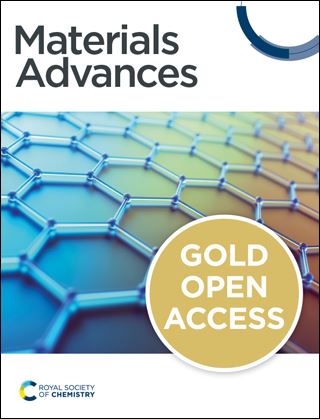
Our materials journal family
Materials Advances is part of our materials family of journals, which also includes Materials Horizons and Journal of Materials Chemistry A, B and C. The journals provide full coverage of interdisciplinary advances in materials science.
Editors-in-chief
Anders Hagfeldt, Uppsala University, Sweden
Natalie Stingelin, Georgia Institute of Technology, USA
Jessica Winter, Ohio State University, USA
Associate editors
A. S. Achalkumar, Indian Institute of Technology Guwahati, India
Viola Birss, University of Calgary, Canada
Kaushik Chatterjee, Indian Institute of Science, India
Raphaële Clément, University of California, Santa Barbara, USA
Elizabeth Cosgriff-Hernandez, University of Texas at Austin, USA
Rachel Crespo-Otero, Queen Mary University of London, UK
Gemma-Louise Davies, University of Birmingham, UK
Renaud Demadrille, Interdisciplinary Research Institute of Grenoble, France
Håkan Engqvist, The Ångström Laboratory, Uppsala University, Sweden
Antonio Facchetti, Georgia Institute of Technology and Northwestern University, USA
Ricardo Grau-Crespo, University of Reading, UK
Ghim Wei Ho, National University of Singapore, Singapore
Yun Jeong Hwang, Seoul National University, South Korea
Unyong Jeong, POSTECH, South Korea
Oana Jurchescu, Wake Forest University, USA
Kisuk Kang, Seoul National University, South Korea
Subrata Kundu, Central Electrochemical Research Institute (CECRI), India
Dan Li, Jinan University, China
Ji-Guang Li, National Institute for Materials Science (NIMS), Japan
Mingzhu Li, Technical Institute of Physics and Chemistry, Chinese Academy of Sciences, China
Shaoqin Liu, Harbin Institute of Technology, China
Yi-Chun Lu, The Chinese University of Hong Kong, Hong Kong SAR, China
Martyn McLachlan, Imperial College London, UK
Yoshiko Miura, Kyushu University, Japan
Kasper Moth-Poulsen, Institute of Materials Science of Barcelona, Spain
Ana Flávia Nogueira, University of Campinas, Brazil
Jennifer Rupp, Massachusetts Institute of Technology, USA
Miriam Unterlass, University of Würzburg, Germany
Yana Vaynzof, Technical University of Dresden, Germany
Maia G. Vergniory, Max Planck Institute for Chemical Physics of Solids, Germany
Elin L. Winkler, Bariloche Atomic Center and Instituto Balseiro, Argentina
Lydia Helena Wong, Nanyang Technological University, Singapore
Jun Wu, The Hong Kong University of Science and Technology (Guangzhou), China
Li-Zhu Wu, Technical Institute of Physics and Chemistry, China
Zhiguo Xia, South China University of Technology, China
Yusuke Yamauchi, University of Queensland, Australia
Myung-Han Yoon, Gwangju Institute of Science and Technology (GIST), South Korea
Chengzhong Yu, The University of Queensland, Australia, and East China Normal University, China
Hao-Li Zhang, Lanzhou University, China
Zhen Zhou, Nankai University, China
Article processing charges
Following our peer review process, if the article is accepted, the article processing charges below will be applied to your article. There are no submission charges for Materials Advances.
| Article processing charge | |
|---|---|
|
Full price |
£2,100 (+local taxes if applicable)* |
|
Corresponding authors from India, Indonesia and Philippines |
£1,050 (+local taxes if applicable) |
|
Corresponding authors from Research4Life Group A & Group B |
Full APC waiver |
*15% RSC member and RSC open access agreement discount available. Applicable to full price only.
Use our journal finder to check if your APC is covered by an institutional agreement with us. Note, if your institution has an agreement with us that covers APCs, you will be notified of this at article acceptance.
Discounts and waivers are also available on an individual basis. Find out more about applying for a waiver.
Corresponding authors who are not already members of the Royal Society of Chemistry are entitled to one year’s Affiliate membership as part of their APC. Find out more about our member benefits.
As part of the submission process, authors will be asked to agree to the Materials Advances open access terms & conditions.
We offer Materials Advances authors a choice of two Creative Commons licenses: CC BY or CC BY NC. Publication under these licenses means that authors retain copyright of their article, but allows users to read, download, copy, distribute, print, search, or link to the full texts of articles, or use them for any other lawful purpose, without asking prior permission from the publisher or the author. Read our open access statement for further information.
All published articles are deposited with LOCKSS, CLOCKSS, Portico and the British Library for archiving.
For information about APC pricing for all RSC journals please click here.
Peer review
Materials Advances follows a single-blind peer review process, with manuscripts handled by experienced associate editors, all of whom also look after submissions to Journal of Materials Chemistry A, B and C.
Phase 1 - your manuscript is initially assessed by an associate editor.
Phase 2 - the associate editor solicits the expertise of at least two reviewers to assess your article and submit a report.
Phase 3 - the associate editor handling your manuscript makes a decision based on the reviewer reports received. In the event that no clear decision can be made, another senior reviewer will be consulted.
Please refer to our processes and policies for full details including our appeals procedure.
Transparent peer review
As part of our commitment to transparency and open science, Materials Advances is now offering authors the option of transparent peer review, where the editor’s decision letter, reviewers’ comments and authors’ response for all versions of the manuscript will be published alongside the article under an Open Access Creative Commons licence (CC-BY).
Reviewers will remain anonymous unless they choose to sign their report.
Readership information
Materials Advances is a core journal for academic and industrial scientists involved in materials research.
Subscription information
Materials Advances is fully gold open access – articles can be downloaded free from the website with no barriers to access.
Online only: ISSN 2633-5409
Copyright
Copyright is retained by authors when an open access licence is accepted, as with our standard licence to publish agreement. Full and accurate attribution to the original author is required for any re-use of the work. Find out more about copyright, licences and re-use permission.
Sign up to hear more from Materials Advances
Complete the form below to receive news alerts and issue alerts from Materials Advances.
*2023 Journal Citation Reports (Clarivate Analytics, 2024)
**The median time from submission to first decision including manuscripts rejected without peer review from the previous calendar year
***The median time from submission to first decision for peer-reviewed manuscripts from the previous calendar year

